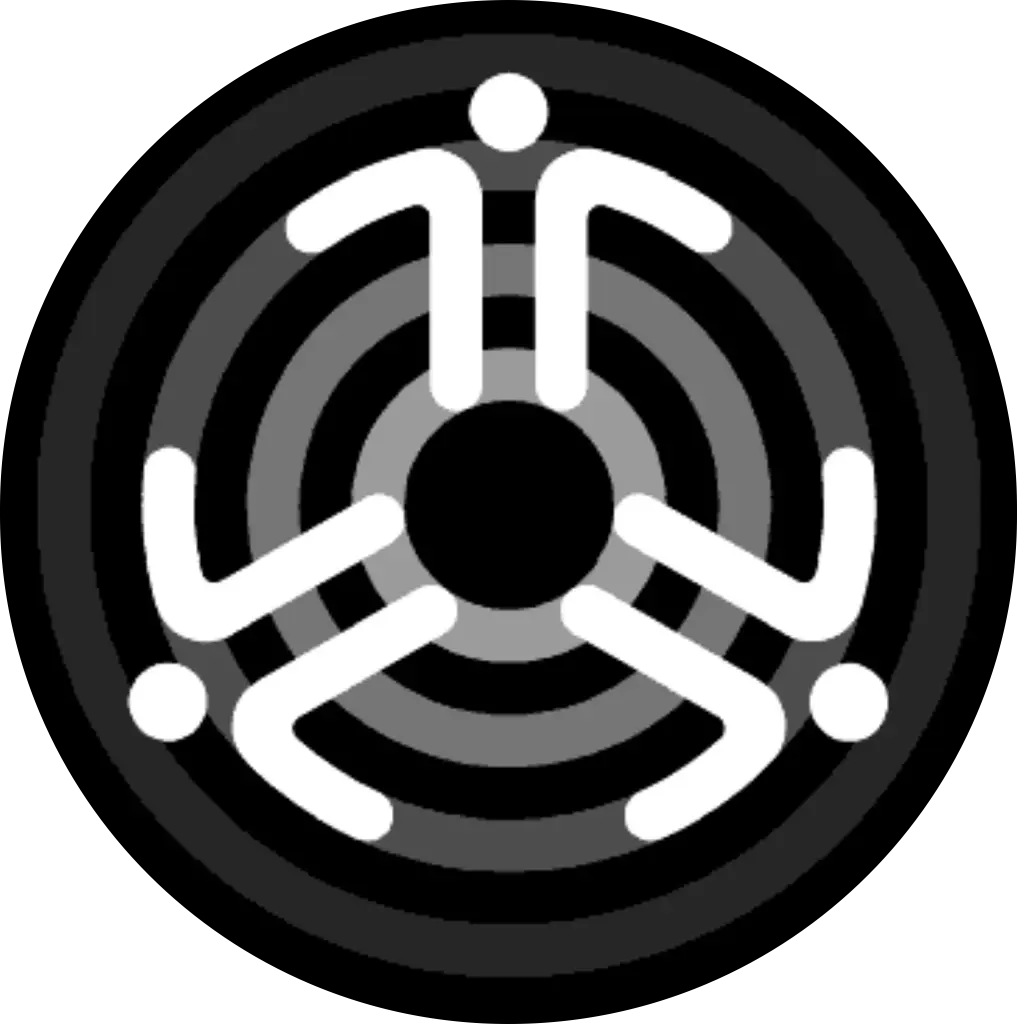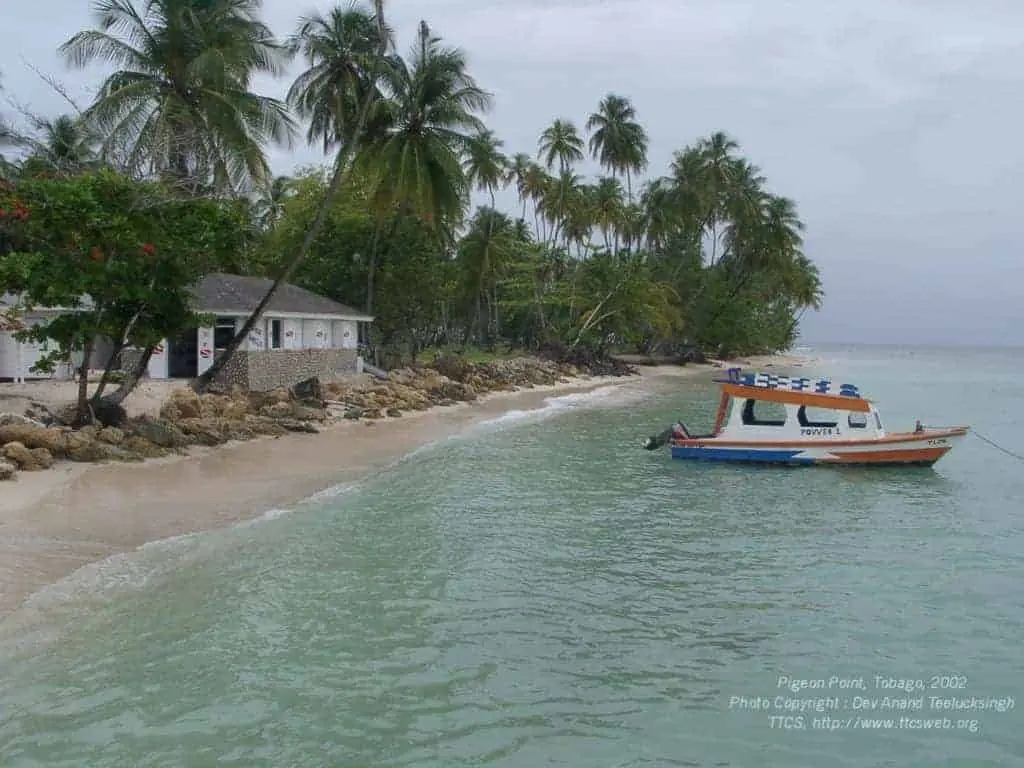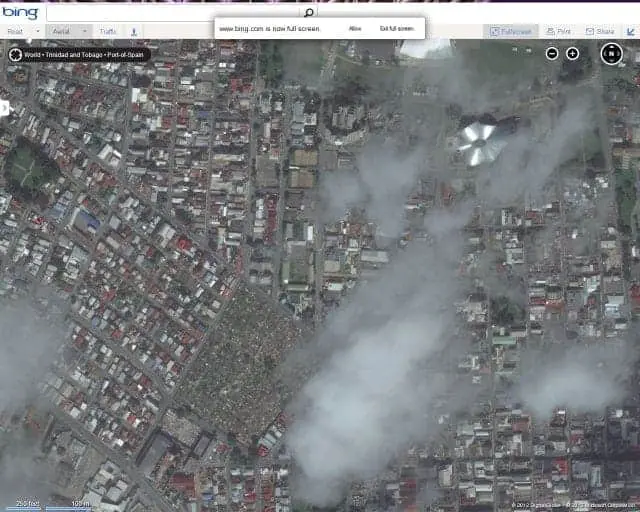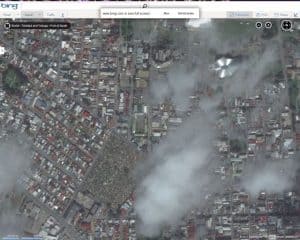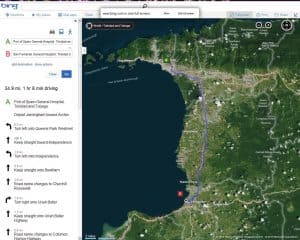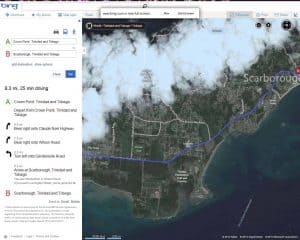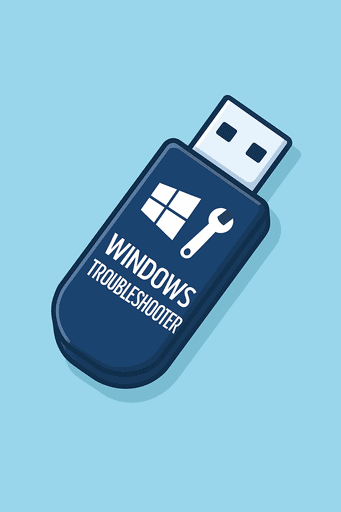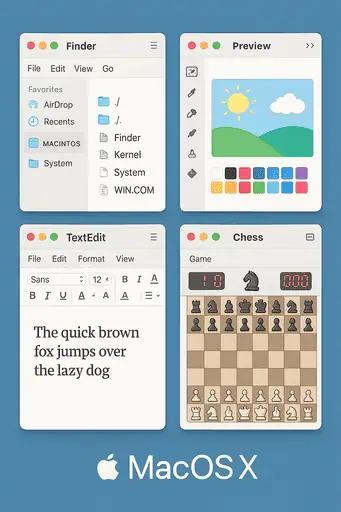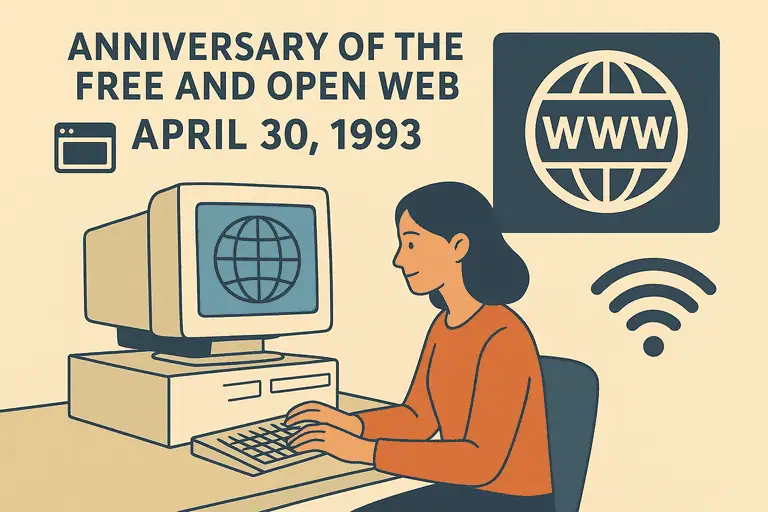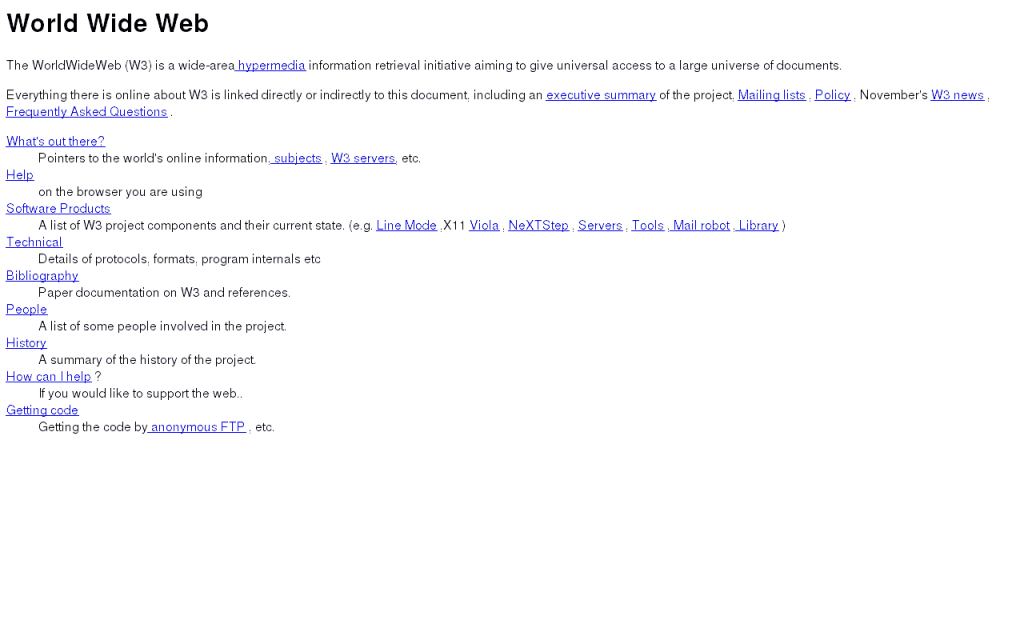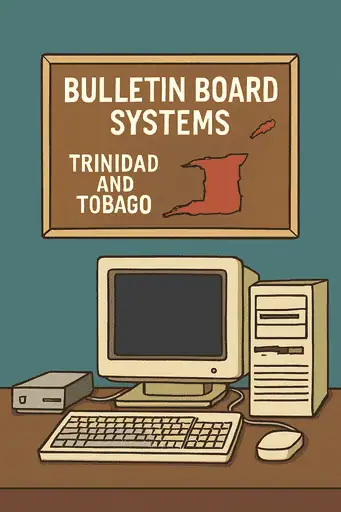On May 6, 2013, the Ministry of Science and Technology of Trinidad and Tobago via the Telecommunications Authority of Trinidad and Tobago (TATT ; http://www.tatt.org.tt) have posted two documents for public comment. They are:
- Proposed Policy to amend the Telecommunications Act (PDF ; 432K) (Mirror copy of “Proposed Policy to Amend the Telecommunications Act”)
- Proposed Telecommunications Amendment Act (PDF ; 897K) (Mirror copy of “Proposed Telecommunications Amendment Act”)
The submission of comments must be made on or before Monday 3rd June 2013 (update June 28 2013) extended to July 9 2013.
(Update : June 28, 2013 : TTCS Draft Comments posted)
Proposed Policy to amend the Telecommunications Act of Trinidad and Tobago
According to the Proposed Policy to amend the Telecommunications Act,
The Policy is intended to amend the framework developed for the administration and regulation of the telecommunications and broadcasting sectors as set out in the Telecommunications Act.
The Policy is thus intended to amend market regulatory rules to provide for the continued orderly development of the telecommunications and broadcasting
sector after the liberalisation process begun in earnest in 2005. The policy therefore provides for the strengthening of the Authority’s powers in certain instances to
mitigate against activity which may have a prejudicial impact on the sector and the wider economy.The policy also seeks to provide for appropriate competition regulation in the telecommunications and broadcasting sectors which will effectively close the
regulatory gaps created by the passage of the Fair Trading Act Chap. 81:13. Section 3(g) of the said Act specifically excludes from its ambit, those companies
which fall under the purview of the Telecommunications Act.
The Proposed Policy to amend the Telecommunications further describes
- the policy objectives,
- an overview of recent developments in the telecom sector,
- six key policy policy principles which the proposed act should adhere to, and
- a summary of the proposed amendments to the Telecommunications Act
View/Download the Proposed Policy to amend the Telecommunications Act (PDF ; 432K) (Mirror copy of “Proposed Policy to Amend the Telecommunications Act”)
Proposed Telecommunications Amendment Act
This document is the proposed Telecommunication Act as it would look after the amendments were made to the Act. The modifcations or changes to the existing act are in bold.
View/Download the Proposed Telecommunications Amendment Act (PDF ; 897K) (Mirror copy of “Proposed Telecommunications Amendment Act”)
How to submit comments
Persons wanting to submit comments can submit their comments online or via paper using the “Public Consultation Comment Submission Form-Draft Policy and Proposed Amendments to Telecommunications Act” (DOC ; 41K ; Mirror of “Public Consultation Comment Submission Form-Draft Policy and Proposed Amendments to Telecommunications Act”) form.
Submission of comments must be made on or before Monday 3rd June 2013.
